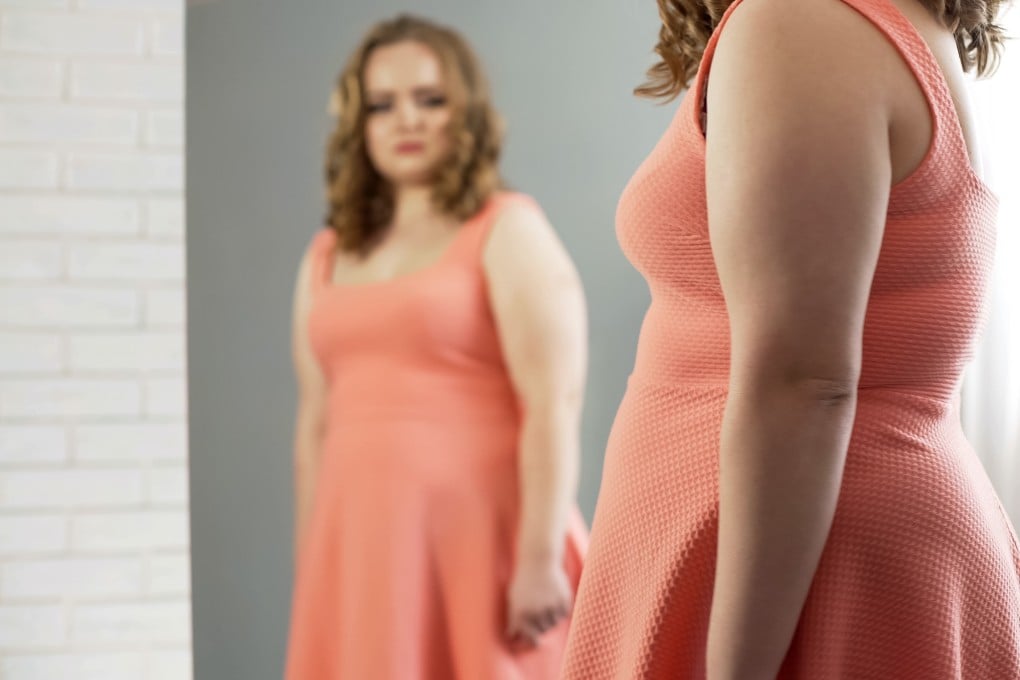The Naked Truth | Body positivity tips and how it can improve your happiness, confidence and sex life
- Being body positive allows you to love yourself no matter what others think of your appearance
- It is not just about your physical form, but also your mindset, emotions and how you see yourself overall

One of my favourite uncles once told me that all women are beautiful in their own right, no matter their age, size and race, because we should all embrace individuality. I couldn’t agree more with him.
Unfortunately, the view of others can be rather more toxic, with many critics not endorsing body positivity, saying it is synonymous with normalising unhealthy behaviours or lifestyles.
But this isn’t what body positivity is really about.
True body positivity is about finding peace in yourself and learning to be comfortable in your own skin by gaining an authentic perspective on your body without being affected by outside influences. Ultimately, it allows you to love yourself, no matter what others think of your appearance.
People in a relationship should always support body positivity to uplift each other, because if both partners are happy and confident with their bodies, chances are they will always maintain a healthy sexual relationship.

With the body-positivity movement sweeping across the world, you would think it unimaginable for people and even big corporations indulging in fat shaming publicly.
